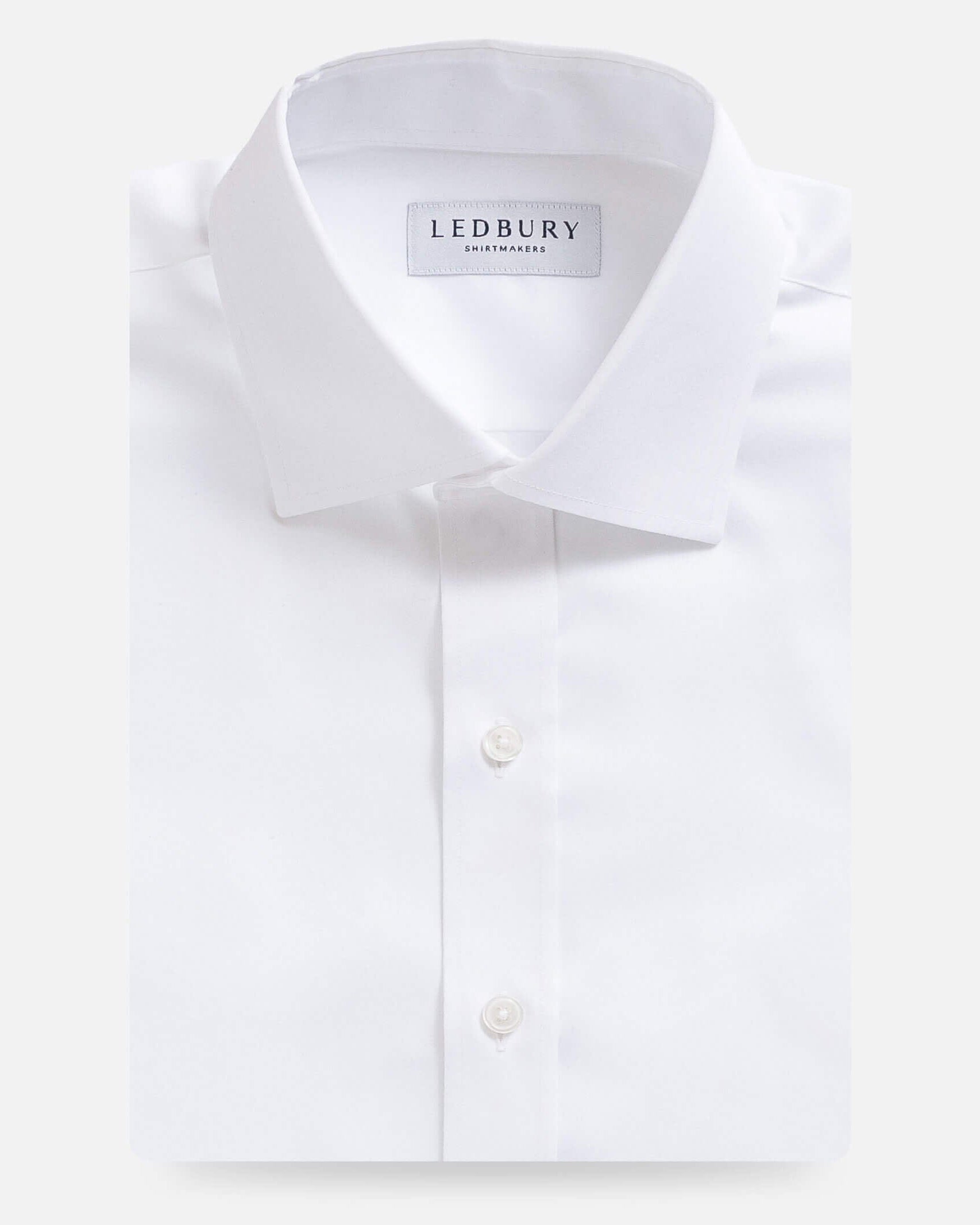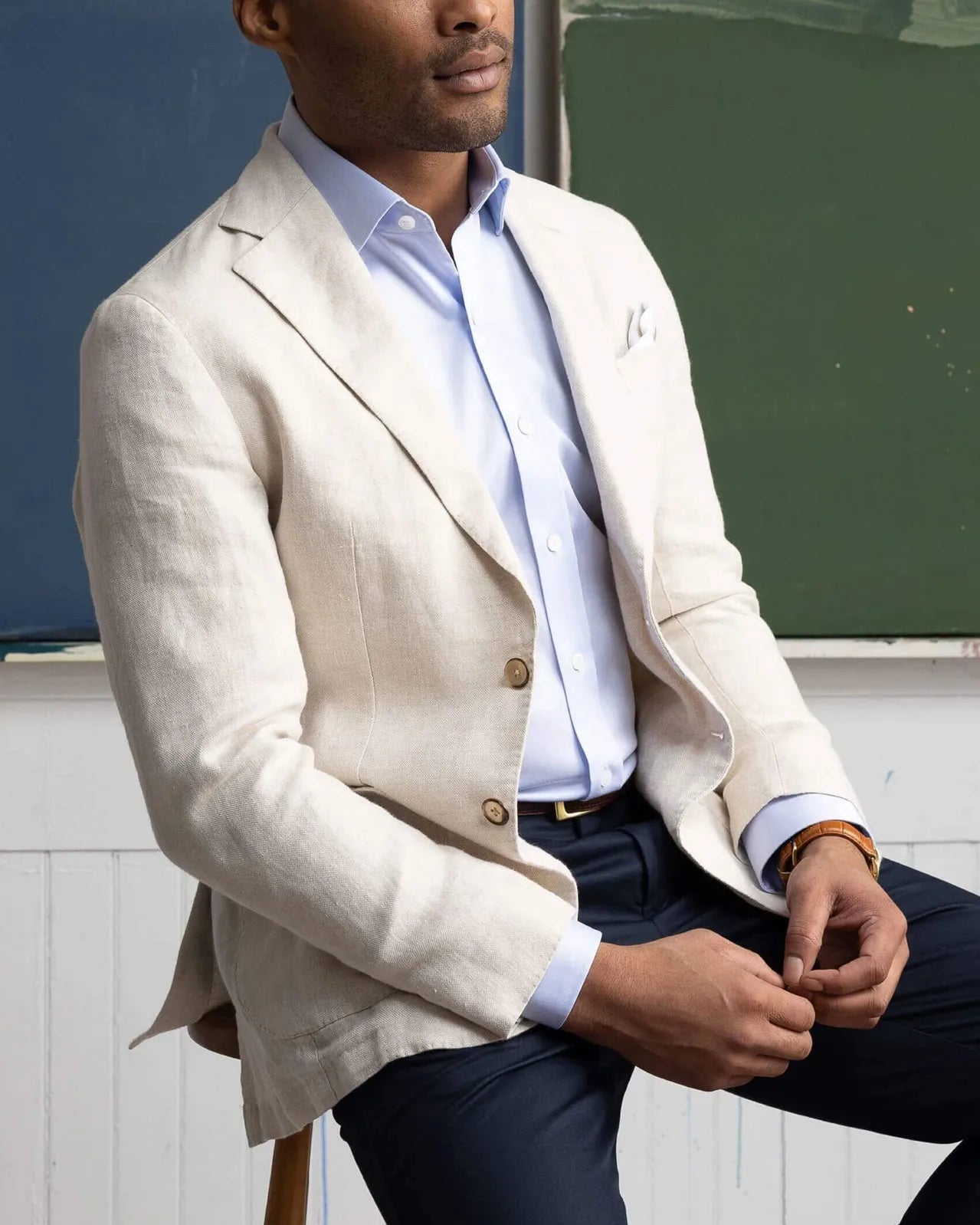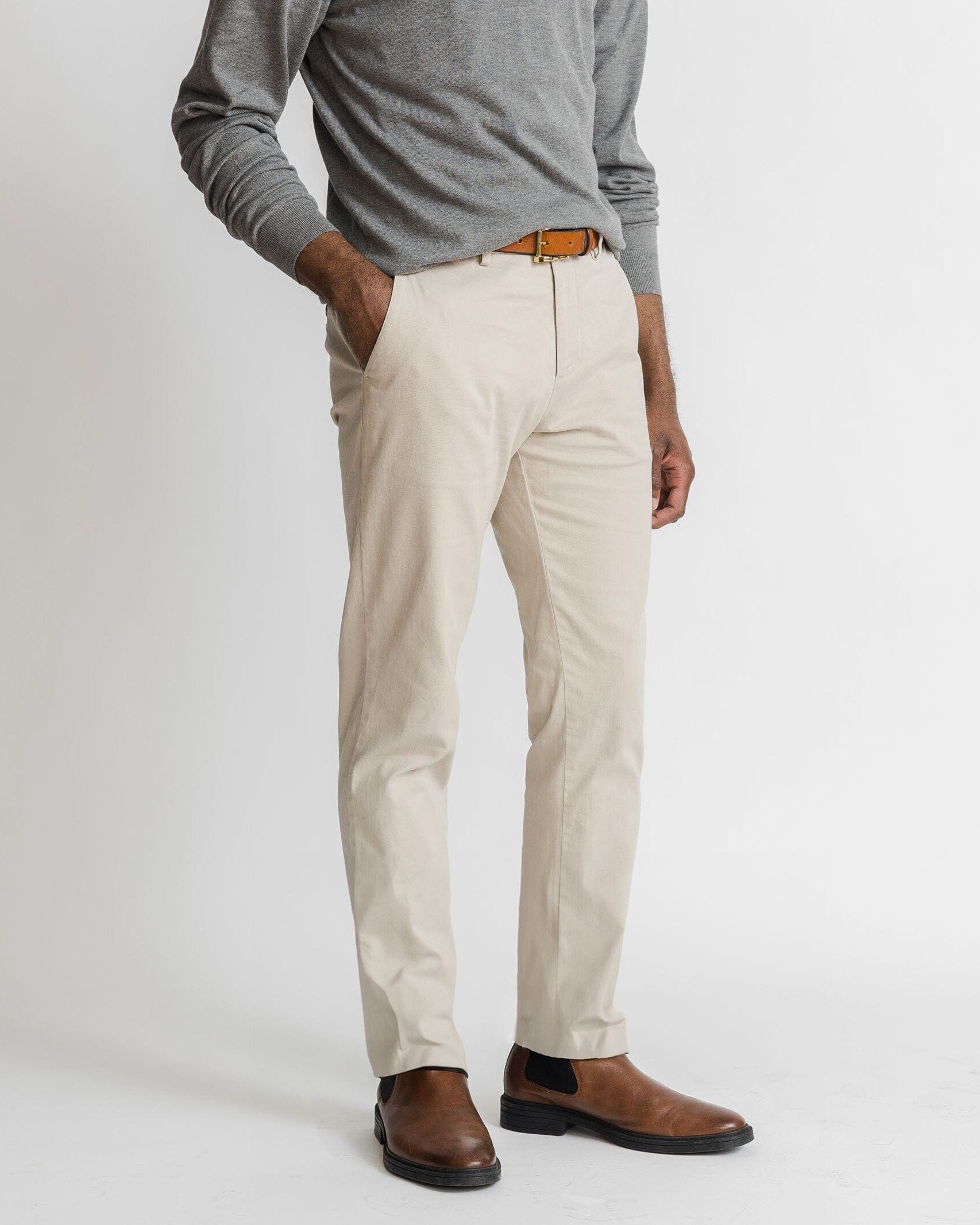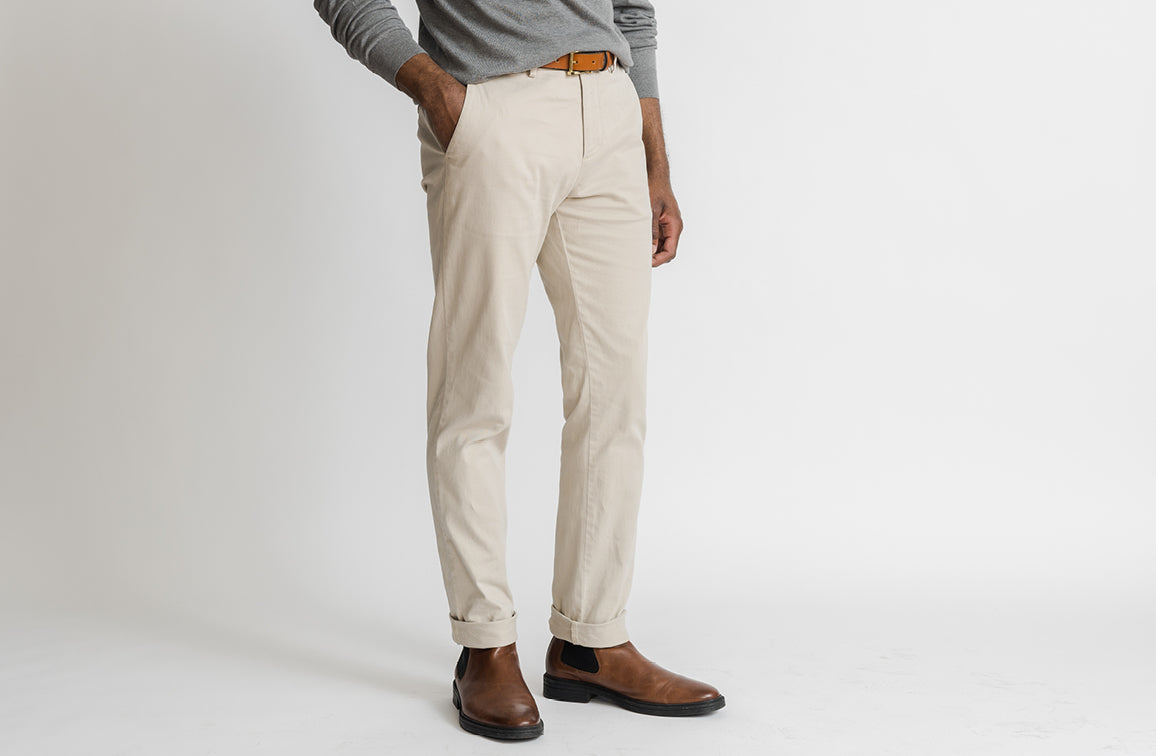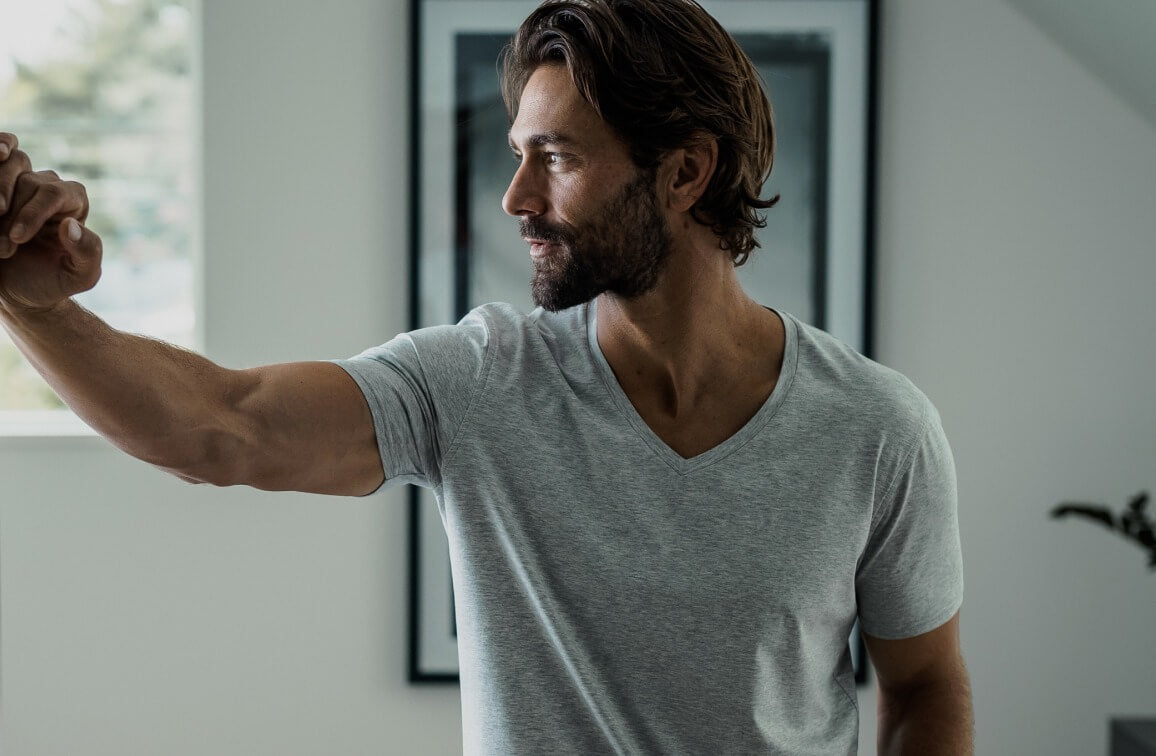





 Summer is great for a number of reasons. This year, an added bonus has been the stacking of world-class competitions. Wimbledon, The World Cup, and, so far, The Tour de France have formed a heck of a viewing experience. The Tour de France is in full swing right now. It hasn't been broadcast in the office with the same enthusiasm as the Cup, but we’re into it and enjoy catching up. We headed to Carytown Bike Co. and met up with Braden Govoni, who we’ve previously profiled on our blog, co-founder at both Carytown Bike Co. and Ride Endpoint to help us get up to speed on this year’s Tour de France and for some insight on Richmond’s own cycling culture.
Have you been keeping up with this year’s Tour de France? Which teams should we be watching?
I’ve been following professional cycling for over 10 years now. We always have the race on here at the bike shop, and if I can’t watch it here, I catch the day’s highlights at home. What I enjoy watching most are the individual days because of the variety of road conditions and climbs. The course is constantly changing.
The two main favorites of this year’s race, Chris Froome of Team Sky and Alberto Contador of the Tinkoff-Saxo team, crashed, suffered injuries, and are both out of the tour now. With this happening, each team has shifted their strategy from chasing day-after-day, which isn’t very exciting, to trying to win all their stages. They’ve been riding more aggressively. Vincenzo Nibali from the Astana Pro Team is probably going to win at this point because there aren’t too many guys who are capable of beating him left in the race.
Omega Pharma is always an interesting team to watch. They don’t necessarily have one leader who they’re always looking out for, but a lot of really great riders who play different roles. One day a rider could be working for someone else on the team, and the next, the rider may be trying to win that day.
One of the most interesting aspects of the tour is the team dynamic. How exactly does this work?
Without getting into too much detail, because there are some subtle nuances of it, there are teams that are competing for the overall race as well as competing for each individual day. Part of the team tactic centers around team members taking as much wind as possible for their leader. If there’s a teammate in front of the leader, this creates an aerodynamic advantage for him. There’s a joke within cycling that even though it’s a difficult sport from a physical standpoint, the leader gets to do as little work as possible. The heart of the team strategy is to keep your leader as rested as possible and allow the 4-to-5 team members around him to set the pace until the final climb.
If we want to educate ourselves further on the tour and bike racing in general, what resources would you recommend checking out?
If you’re trying to understand tactics, Cyclocosm is one of the best resources. Cyclocosm breaks down the details of any given race through a series of blog posts and Youtube videos. I would also recommend checking out Cycling News and Velo News as well.
Bike frames seem to steadily be getting lighter and faster consistently every year. How do advances in technology push the sport of cycling forward?
In professional cycling, the bike technology does not play as much of a role as manufacturers would like consumers to believe. Union Cycliste Internationale (UCI), cycling's governing body, has a minimum weight regulation so professional level bikes can only get so light. It’s more common for a consumer to have a bike frame that’s lighter than a professional athlete’s. There have been greater gains in subtle changes to aerodynamics, whether if it’s the shape of a helmet or newer fabrics made out of the same uniforms for swimming, downhill skiing and any sport where aerodynamics plays a role in increasing speed.
On a local level, how does Richmond’s cycling culture stack up against other cities?
You definitely hear more about other cities like Portland, Austin and other places like Minneapolis – St. Paul that have really great biking infrastructure in place. Richmond is not bad. We have a really awesome downtown accessible mountain bike trail system and we’re lucky enough geographically to have some really good road rides. We also have a really active amateur competitive community that holds weekly races through the entire season.
For the non-competitive rider, there’s definitely less routes in Richmond than there are in other cities. Richmond is lacking in a lot of ways from an infrastructure standpoint, especially in avenues for your novice cyclist, or for someone who just wants to ride with their kid. In my opinion, those types of riders aren’t really served well at all by the city.
We’re all very excited about the 2015 World Road Cycling Championships taking place in Richmond next year. Can we expect this be transformative on the city in any way?
There’s always the expectation of improvements to cycling that lasts beyond the race when the UCI picks their host cities. There have been small advances. Shared lane markers for vehicles and cyclists have become more-and-more common and there’s been the proposal for the Floyd Avenue bike plan.
I think it’s really cool that the World Road Cycling Championships are coming here. We’ll be doing a lot of really awesome things at the shop, and the cycling community is really amped up for the race. It will be interesting to see whether if the average weekend rider gets into the excitement of the race or not. There’s some really cool stuff happening in the city like the championship, but on the other hand, I’d like to see more from the government and legislative side.
Summer is great for a number of reasons. This year, an added bonus has been the stacking of world-class competitions. Wimbledon, The World Cup, and, so far, The Tour de France have formed a heck of a viewing experience. The Tour de France is in full swing right now. It hasn't been broadcast in the office with the same enthusiasm as the Cup, but we’re into it and enjoy catching up. We headed to Carytown Bike Co. and met up with Braden Govoni, who we’ve previously profiled on our blog, co-founder at both Carytown Bike Co. and Ride Endpoint to help us get up to speed on this year’s Tour de France and for some insight on Richmond’s own cycling culture.
Have you been keeping up with this year’s Tour de France? Which teams should we be watching?
I’ve been following professional cycling for over 10 years now. We always have the race on here at the bike shop, and if I can’t watch it here, I catch the day’s highlights at home. What I enjoy watching most are the individual days because of the variety of road conditions and climbs. The course is constantly changing.
The two main favorites of this year’s race, Chris Froome of Team Sky and Alberto Contador of the Tinkoff-Saxo team, crashed, suffered injuries, and are both out of the tour now. With this happening, each team has shifted their strategy from chasing day-after-day, which isn’t very exciting, to trying to win all their stages. They’ve been riding more aggressively. Vincenzo Nibali from the Astana Pro Team is probably going to win at this point because there aren’t too many guys who are capable of beating him left in the race.
Omega Pharma is always an interesting team to watch. They don’t necessarily have one leader who they’re always looking out for, but a lot of really great riders who play different roles. One day a rider could be working for someone else on the team, and the next, the rider may be trying to win that day.
One of the most interesting aspects of the tour is the team dynamic. How exactly does this work?
Without getting into too much detail, because there are some subtle nuances of it, there are teams that are competing for the overall race as well as competing for each individual day. Part of the team tactic centers around team members taking as much wind as possible for their leader. If there’s a teammate in front of the leader, this creates an aerodynamic advantage for him. There’s a joke within cycling that even though it’s a difficult sport from a physical standpoint, the leader gets to do as little work as possible. The heart of the team strategy is to keep your leader as rested as possible and allow the 4-to-5 team members around him to set the pace until the final climb.
If we want to educate ourselves further on the tour and bike racing in general, what resources would you recommend checking out?
If you’re trying to understand tactics, Cyclocosm is one of the best resources. Cyclocosm breaks down the details of any given race through a series of blog posts and Youtube videos. I would also recommend checking out Cycling News and Velo News as well.
Bike frames seem to steadily be getting lighter and faster consistently every year. How do advances in technology push the sport of cycling forward?
In professional cycling, the bike technology does not play as much of a role as manufacturers would like consumers to believe. Union Cycliste Internationale (UCI), cycling's governing body, has a minimum weight regulation so professional level bikes can only get so light. It’s more common for a consumer to have a bike frame that’s lighter than a professional athlete’s. There have been greater gains in subtle changes to aerodynamics, whether if it’s the shape of a helmet or newer fabrics made out of the same uniforms for swimming, downhill skiing and any sport where aerodynamics plays a role in increasing speed.
On a local level, how does Richmond’s cycling culture stack up against other cities?
You definitely hear more about other cities like Portland, Austin and other places like Minneapolis – St. Paul that have really great biking infrastructure in place. Richmond is not bad. We have a really awesome downtown accessible mountain bike trail system and we’re lucky enough geographically to have some really good road rides. We also have a really active amateur competitive community that holds weekly races through the entire season.
For the non-competitive rider, there’s definitely less routes in Richmond than there are in other cities. Richmond is lacking in a lot of ways from an infrastructure standpoint, especially in avenues for your novice cyclist, or for someone who just wants to ride with their kid. In my opinion, those types of riders aren’t really served well at all by the city.
We’re all very excited about the 2015 World Road Cycling Championships taking place in Richmond next year. Can we expect this be transformative on the city in any way?
There’s always the expectation of improvements to cycling that lasts beyond the race when the UCI picks their host cities. There have been small advances. Shared lane markers for vehicles and cyclists have become more-and-more common and there’s been the proposal for the Floyd Avenue bike plan.
I think it’s really cool that the World Road Cycling Championships are coming here. We’ll be doing a lot of really awesome things at the shop, and the cycling community is really amped up for the race. It will be interesting to see whether if the average weekend rider gets into the excitement of the race or not. There’s some really cool stuff happening in the city like the championship, but on the other hand, I’d like to see more from the government and legislative side.
If you’re in Richmond, visit Braden at Carytown Bike Co. where you’re likely to stumble upon him fixing up a bike and discussing the latest movements in the cycling community both in Richmond and beyond. Vintage Tour de France photographs via the Flickr Commons

